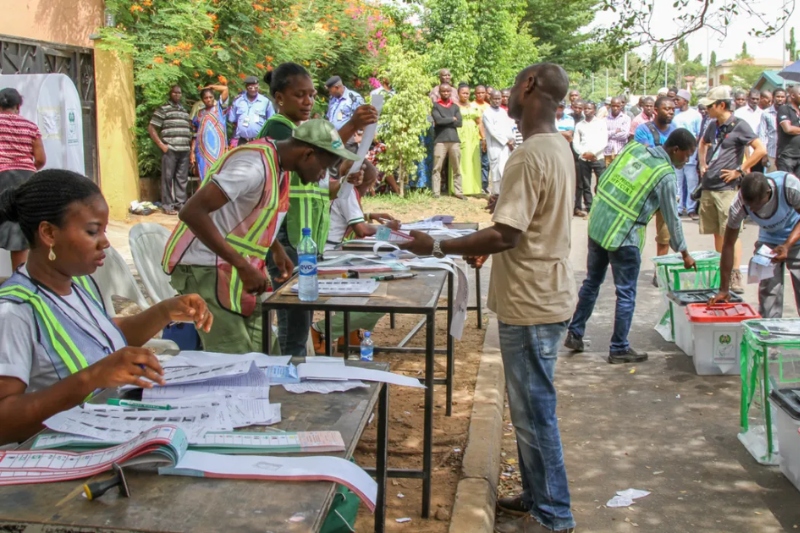Africa – There will be a full calendar of elections on the continent in 2024 with 19 nations scheduled to hold presidential or general elections. Closely regulated voting procedures and very competitive multiparty races are features of these elections. Crucially, two thirds of these elections are planned for the last quarter of the year.
Whereas in certain southern African countries a single party has always dominated, power-sharing coalitions may emerge, others may see their first changes in power. This phenomenon maybe signals the emergence of multiparty democracy and encourages political innovation.
A number of the Sahelian countries that have experienced coups recently have elections planned as part of their pledges to return to civilian administration. The manner and timing of these elections will greatly influence the future governance of the area as well as its ongoing security concerns.
About half of the elections are expected to be uncompetitive because well established incumbents have a significant influence over the process. Important questions concerning the meaning of genuine elections and the legitimacy resulting from a genuine popular mandate are raised by these circumstances. Numerous of these nations need to overcome the long-lasting consequences of military or quasi-military control.
These strictly controlled electoral settings present challenges for the media, international democratic players, Regional Economic Communities, and the African Union. To lay down clear electoral rules, they must differentiate between truly contested elections and stage-managed exercises. Should this not be done, expectations and standards might drop even more.
These countries often struggle with the strong desire of the populace to have their voices heard, which reflects the continent’s need for more democratic, service-oriented, and responsive governance.
Here are some key issues to watch and the election schedule for 2024:
Issues to Watch:
- Southern Africa’s Potential Transitions:
- Countries may experience their first transitions of power or form power-sharing coalitions.
- Reflects the maturation of multiparty democracy and political innovation.
- Sahelian Countries’ Return to Civilian Rule:
- Elections following recent coups are crucial for governance and security.
- The timing and conduct of these elections will impact regional stability.
- Controlled Electoral Processes:
- Half of the elections may not be competitive due to incumbent dominance.
- Raises questions about the legitimacy and authenticity of these elections.
- Role of Regional and International Actors:
- Need to distinguish between genuine and stage-managed elections.
- Defining clear electoral norms to maintain high expectations.
Keep Reading
2024 Election Schedule:
| Country | Type of Election | Date |
| Comoros | Presidential | January 14 |
| Mali | Presidential | February 4 |
| Senegal | Presidential | March 24 |
| Chad | Presidential and Legislative | May 6 |
| South Africa | General | May 29 |
| Mauritania | Presidential | June 29 |
| Burkina Faso | Presidential | July |
| Rwanda | Presidential and Legislative | July 15 |
| Algeria | Presidential | September 7 |
| Mozambique | Presidential and Legislative | October 9 |
| Botswana | General | October |
| Somaliland | Presidential | November 13 |
| Tunisia | Presidential | November 24 |
| Mauritius | General | November 30 |
| Namibia | Presidential | November |
| Ghana | Presidential and Legislative | December 7 |
| South Sudan | Presidential and Legislative | December 22 |
| Guinea-Bissau | Presidential | December |
| Guinea | Presidential and Legislative | December |
Additional Legislative Elections:
- Malawi: May 24
- Madagascar: May 29
- Somalia: November 30

